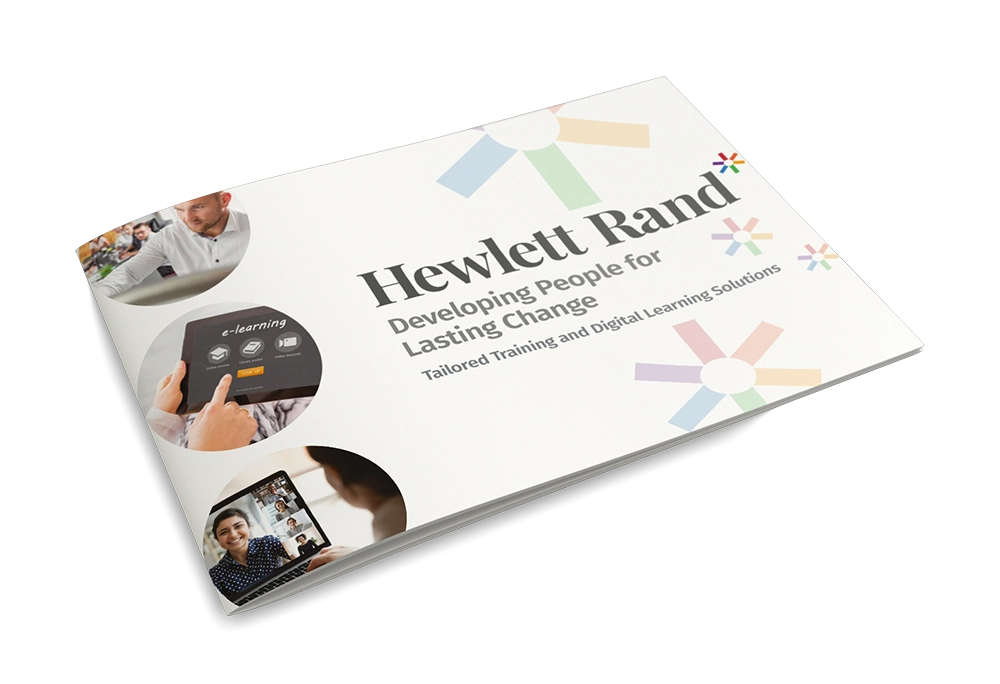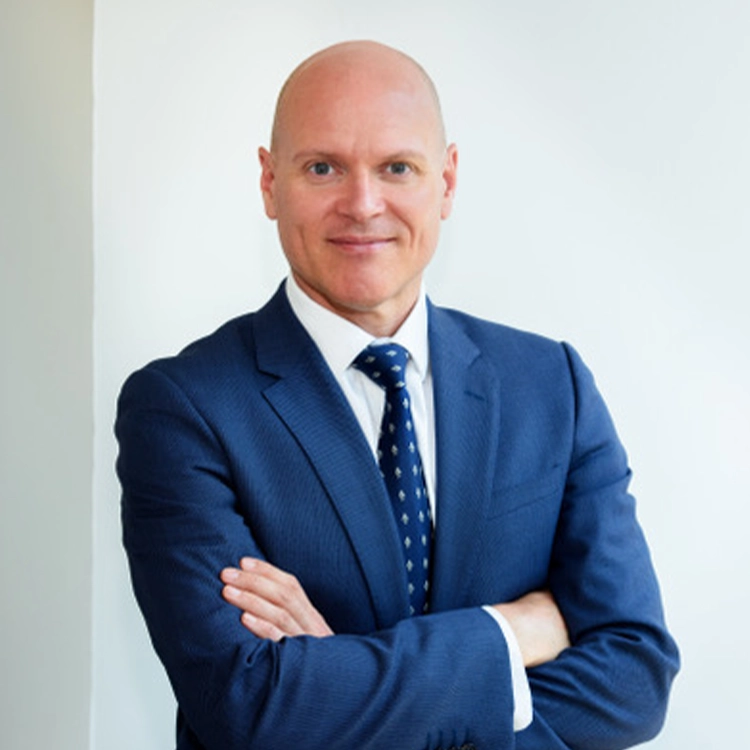Developing Leadership Successors
THE COMPANY
Burton Sweet is an accountancy firm focusing on the south west through its offices in Weston Super Mare, Flax Bourton (Bristol) and Shepton Mallet offices, offering chartered accountancy and business advisory services.
THE CHALLENGE
In 2016 the directors, Geoff Cole and Neil Kingston, were looking at selling part of the business – an office in Thornbury and Wotton under Edge, plus the Dursley and Gloucester offices.
They put their combined skills to good use with Geoff focusing on compliance issues and back office matters and Neil concentrating on the sales side and continuing to keep teams in other offices focused. The programme went smoothly, and they sold that part of the business in 2017, leaving them to focus on the next phase of strategic change.
As part of their plans for the future, both Partners planned a reduction of their responsibilities and agreed to install more training into senior management in the Weston Super Mare, Flax Bourton and Shepton Mallet offices. They weren’t clear at that time who would run those offices but knew that Geoff and Neil would move away from active management.
Neil was seeking to retire in March 2019 and would mentor Flax Bourton; Geoff was going to mentor Shepton Mallet and Weston Super Mare.
They chose Richard Lowe of management development specialist, Hewlett Rand, to lead training programme ‘leading for growth’.
As a leadership and management coach, Richard had already worked with Geoff and Neil for a number of years.
As part of the programme’s launch, Richard ran two sessions where Geoff and Neil laid out their passion and vision for the firm to around key staff and managers and the type of management skills that would be needed for the future.
THE BACKGROUND
Sadly, an entirely unforeseen event occurred in June 2018 when Geoff passed away. This was a shocking event for colleagues and clients from a personal perspective; for many he had been a mentor and staff were very close to him.
Geoff had been full of ideas and enthusiasm for the future, part of which was the training programme which the firm had started with Richard shortly before Geoff’s death.
Circumstances dictated that business must continue despite the tragic events and Neil transitioned to also taking on Geoff’s position, so it became even more essential for the team to go through the ‘leading for growth’ training that Richard led.
“Richard really got what we were trying to do. He was very helpful in bringing the team together and helping us grieve together and to look at areas of the business to process that.”
Moving from technical skills to commercial awareness
Richard delivered a series of 6 sessions as part of the ‘leadership for growth’ initiative throughout 2018.
“Richard’s involvement was very useful from the perspective of teaching commercial skills rather than accounting tasks and encouraging those on the programme to look at the organisation as a business rather than a profession, especially where technology and client-focused skills were involved.”
The training programme opened the managers up to ideas around commercial skills and running a business, covering sales and marketing strategies as well as management skills.
Richard also conducted 360-degree feedback appraisals and follow-ups; around 30 in total. Richard’s coaching skills came to the fore as, in addition to the leadership programme, through the individual sessions he was able to facilitate the team’s grieving process and help guide them through uncertainty.
The 360-degree feedback appraisals, combined with the training programme and briefings from Richard provided Neil with the clarity he needed to see who would be the future leaders who would have the management skills and commercial acumen to develop their offices as he started to move away and have a lighter touch.
“The training helped make people realise the complexity of running the practice. They understand now everyone must pull together and earn the work.”
“Richard was teaching managers valuable skills outside tax, accounting, and audits – such as how to motivate teams, win new business, promote their practice and develop networking skills. He also helped them realise the wide skills base they would need to become a partner or manager and how difficult it could be.”
Confident and astute teams
The test of any successful leadership succession planning programme is whether a business can run smoothly without the owner or managing partner being there. Neil explains,
“At the end of the programme, I felt sufficiently confident in the team to take a 10-week holiday. As a result of the programme and teamwork, the management team were far more motivated and took on greater accountability. Shortly after my return, Burton Sweet posted our best ever results in Q1 2019.”
“Hewlett Rand’s training was great value for money.”









